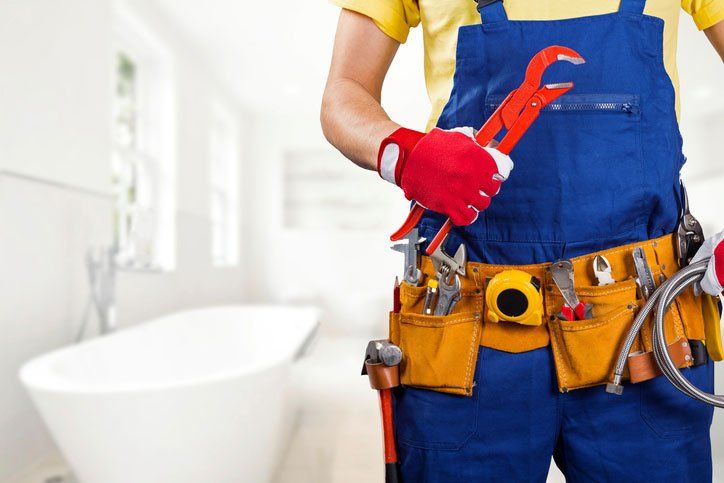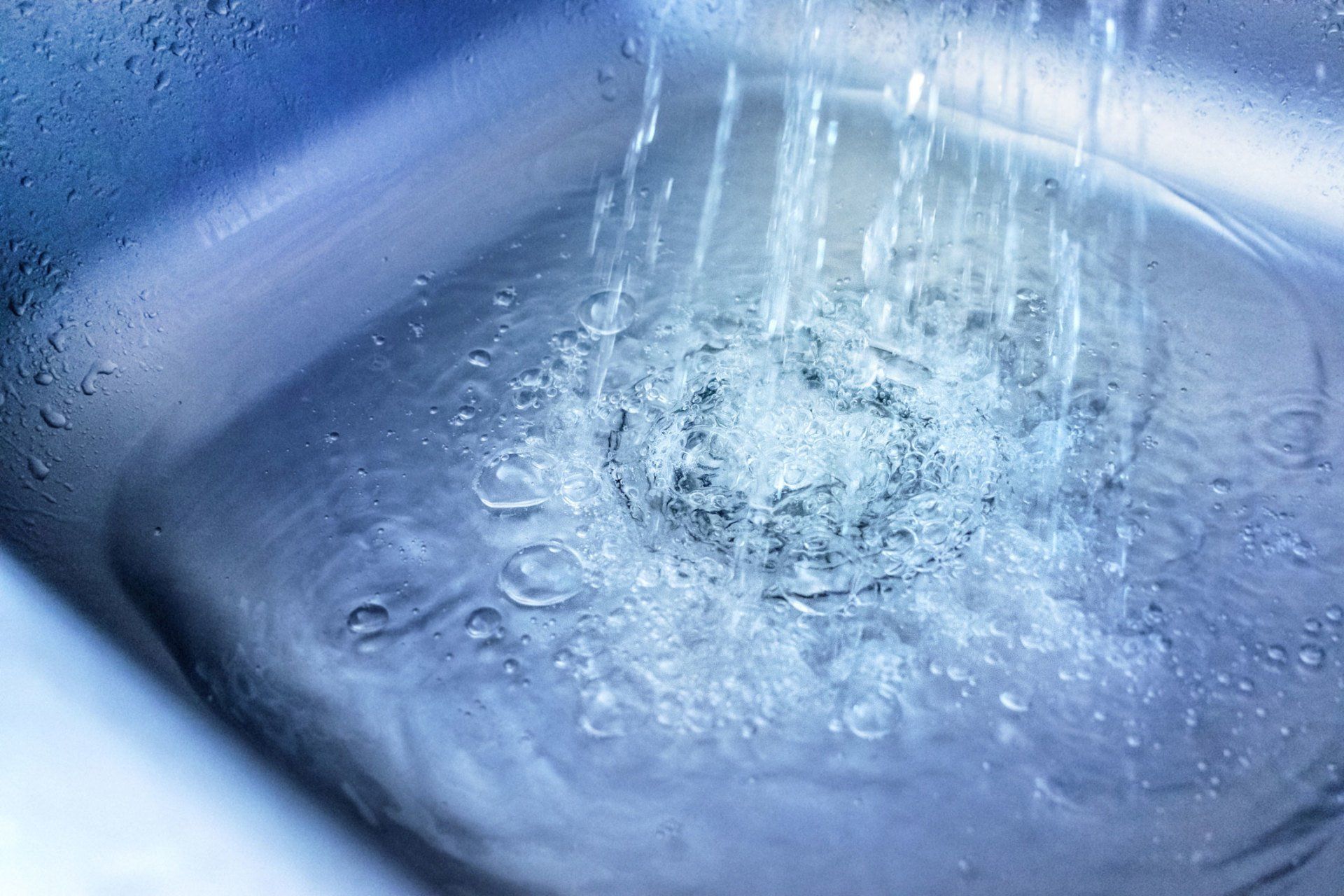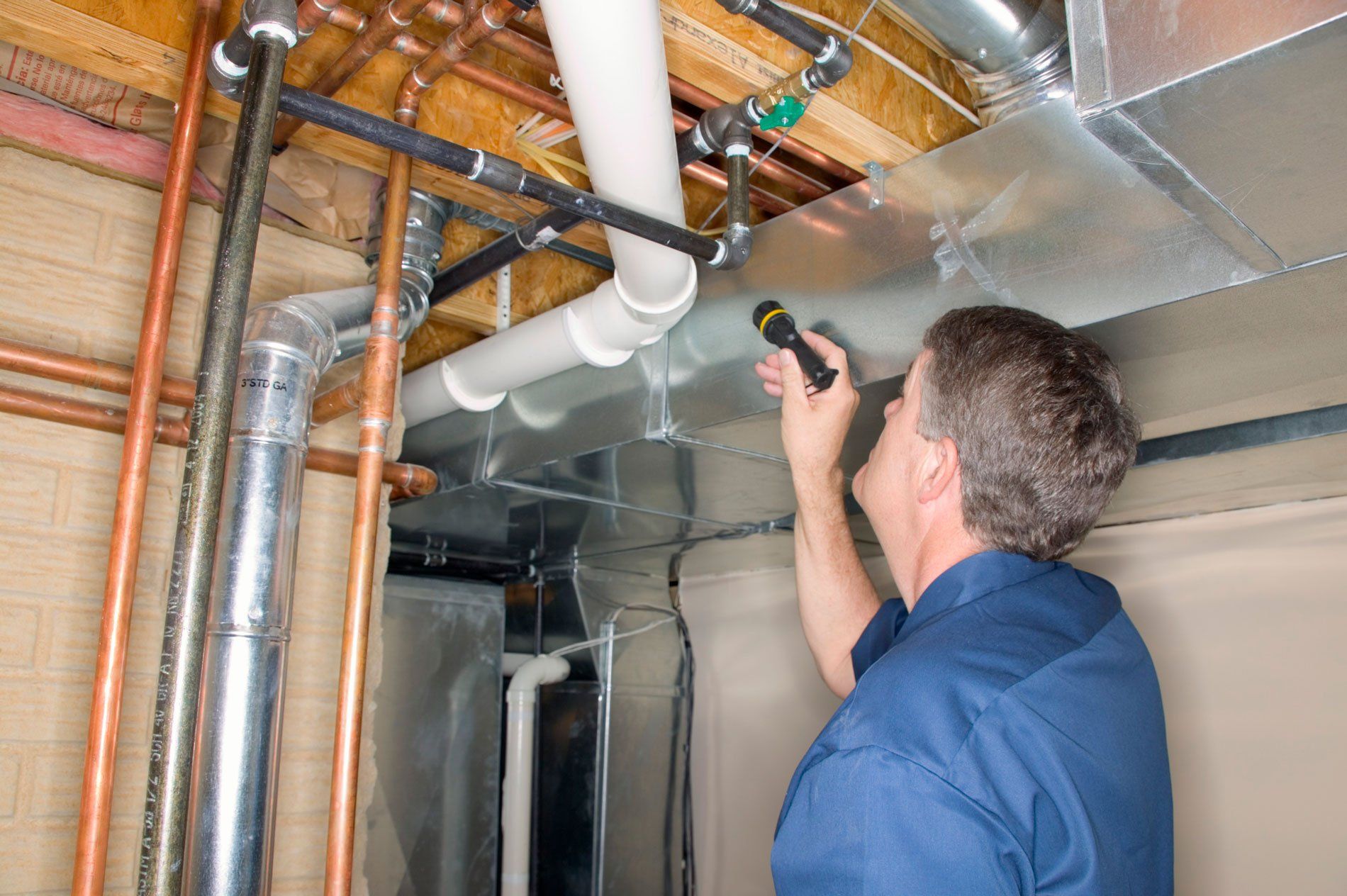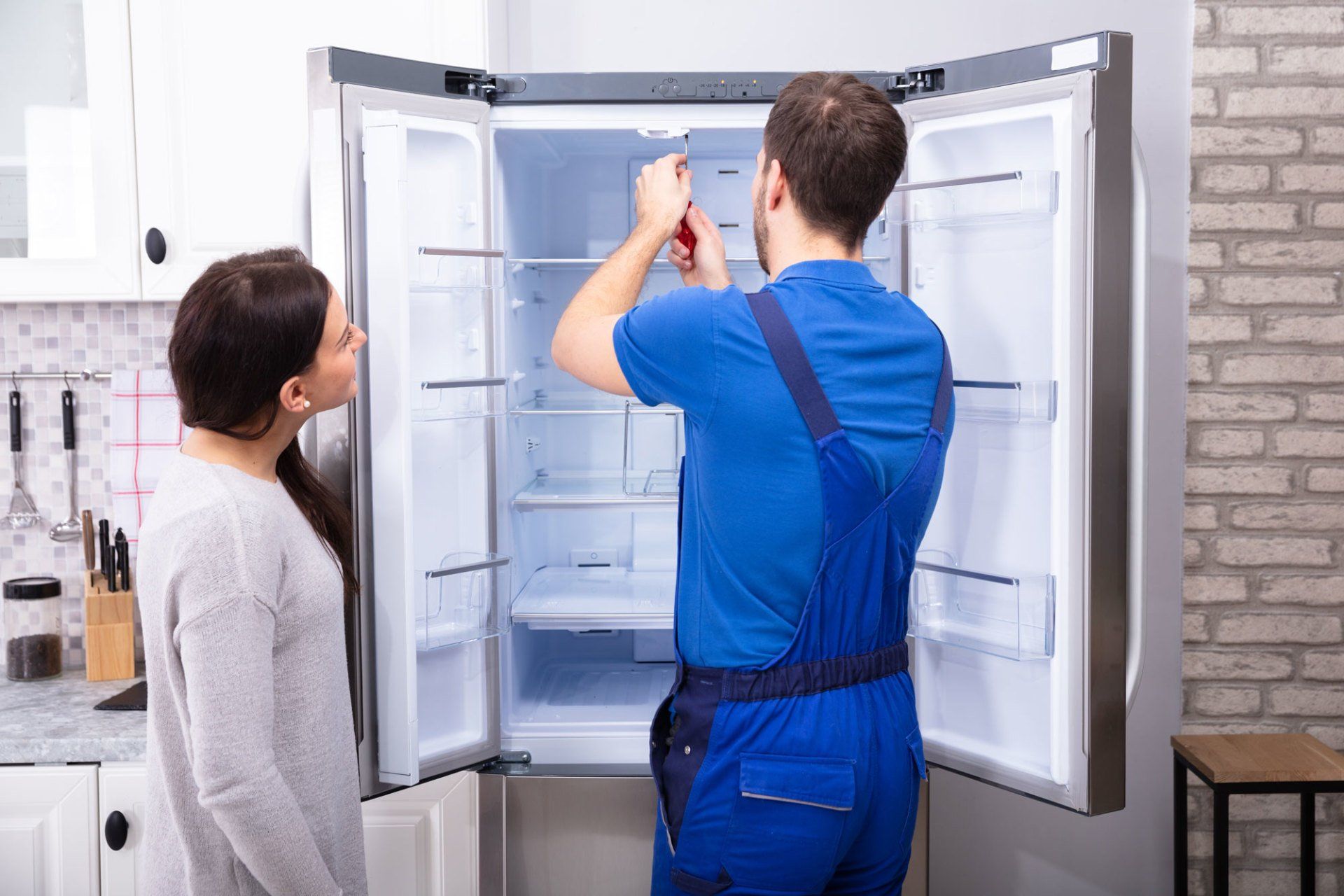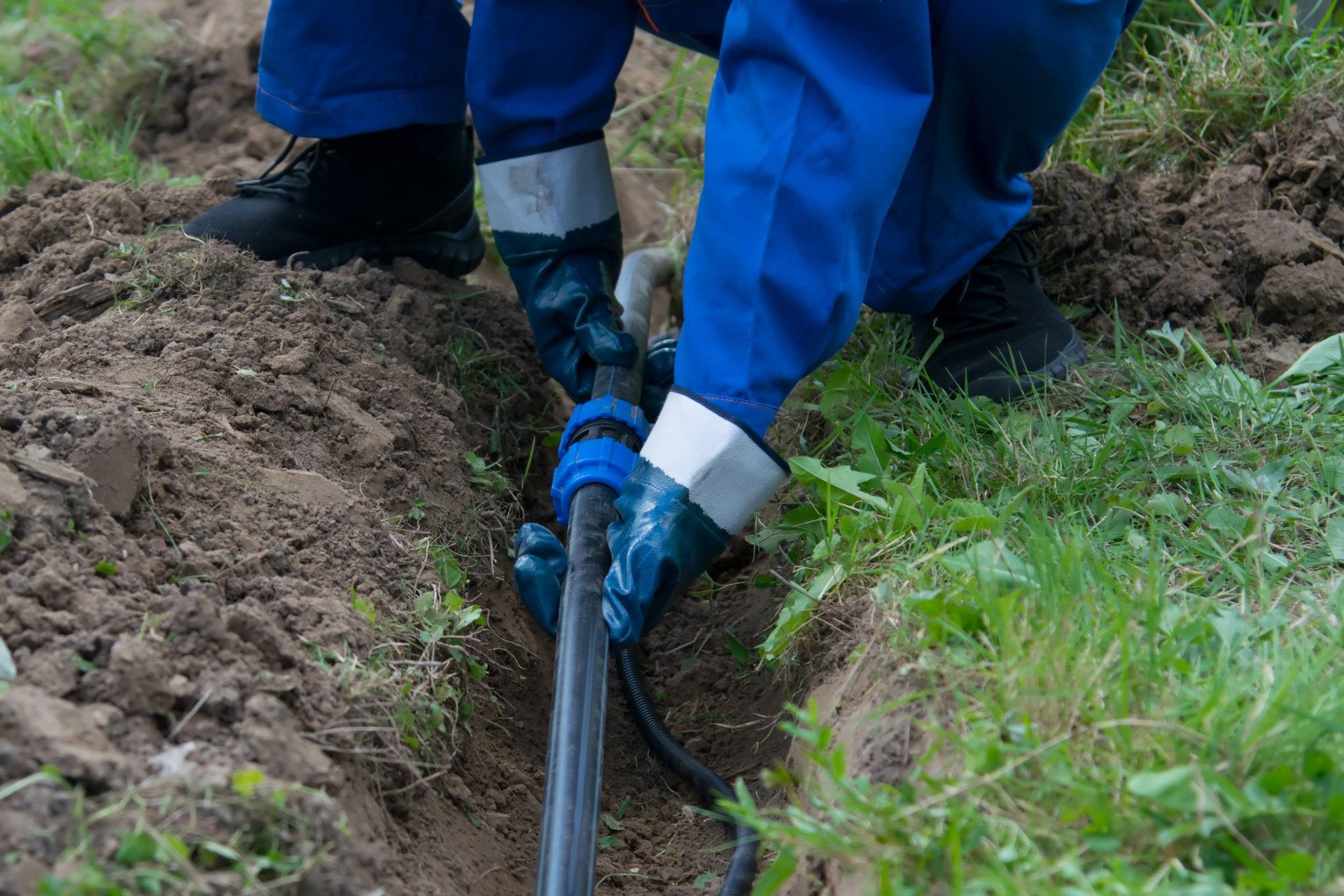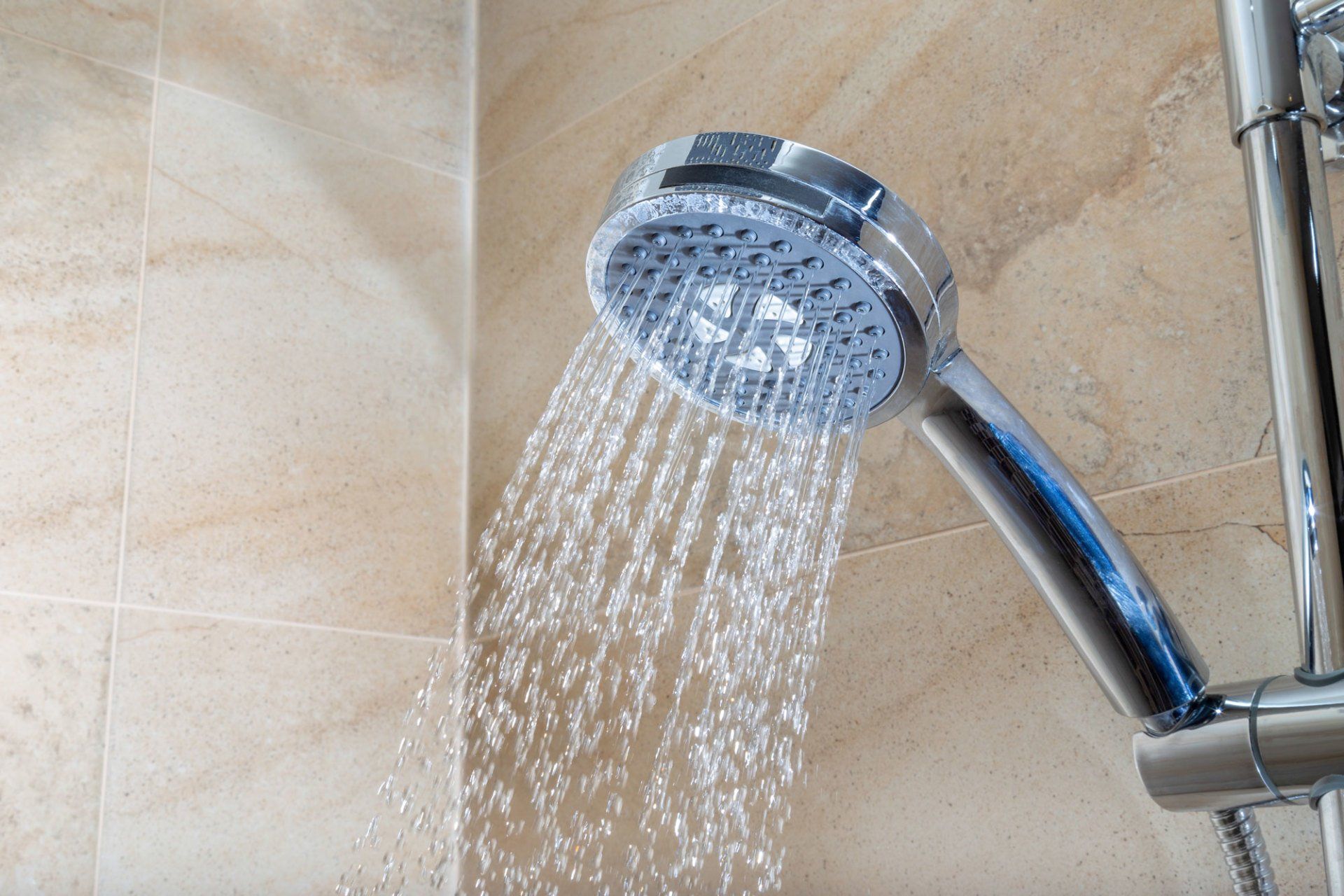1A Florida Plumbing, Inc.
Blog Layout
4 Ways to Avoid Plumbing Clogs This Summer
admin • Jul 19, 2018
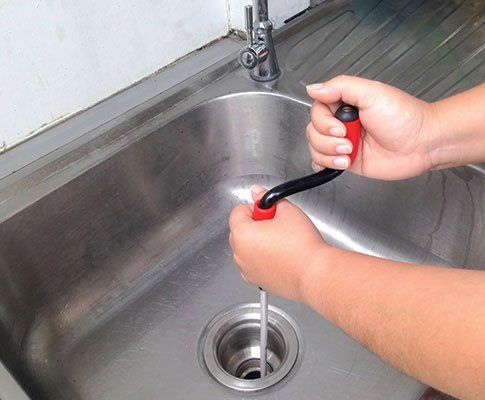
Plumbing clogs can be a big drag, especially in the summer when you're having yard parties and taking care of kids off from school. Luckily, you can do a few things to avoid clogs in your plumbing this summer. These tips will help you take care of your pipes and keep your home safe from clogs.
1. Watch What Goes Down the Drain
You can easily flush things down the drain that shouldn't go there, especially in the summer. When summer barbecues are taking place, grease and oils from the meal can easily end up in the pipes. All of this oil starts off as a liquid, but it eventually becomes a solid as the oil cools off and congeals. When this happens, clogs can form in your pipes.
The best way to avoid this problem is to allow oils and fats to congeal in a container in the fridge, and then throw them away in their solid state. If you don't want to wait for the fats and oils to congeal in your refrigerator, you can also dump the oil into a sandwich baggie as a liquid and throw the baggie away.
In addition to oils, you should avoid flushing other things down your drains. Never flush stringy foods (like corn husks) into your garbage disposal, and never flush potato peels or meat bones. All of these things can clog the components of your garbage disposal.
If you're having a big barbecue, consider serving food on paper plates and put the garbage can within reach of the eating area. This way, people will be able to throw away their food scraps and you won't have guests throwing things in the garbage disposal that don't belong there.
2. Monitor Toilet Usage
As soon as the kids come home from school, the toilets start getting flushed a lot more frequently. You can help ensure that everything will flow through the pipes and into the septic tank or sewer easier if you switch to a thin, one-ply toilet paper.
You should also keep the baby wipes out of the bathroom where your children might use them instead of toilet paper. This way, even if your toilets are being used a lot more than normal, your toilets are unlikely to clog from all the excess toilet paper.
3. Keep Hair In the Garbage
People are known to shave more often during the summer, either to achieve a smooth clean look, or to get rid of extra hair that could prevent them from cooling off. But hair should never go down the drain in the bathroom.
People who plan to shave extra in the months to come should use a drain filter to catch hair and prevent it from going down the drain. Hair that is caught should be thrown away.
4. Watch for Septic or Sewer Trouble
Summer is a time when many septic systems and sewer systems are compromised by tree roots. Tree roots grow naturally toward sources of water, so tree roots commonly grow into main lines during the summer, when plants grow the most. Tree roots in the lines can cause the septic or sewer system to back up. Homeowners worried about this problem should watch for issues like slow drains and strange gurgling noises in the drains.
You can avoid clogs this summer by following these tips. For more information, contact a local plumbing expert in your area. And if your drains become clogged, contact a plumber in your area right away.
At 1A Florida Plumbing, Inc., we're happy to answer homeowner questions about how to avoid clogs. To find out more, contact us today.

By admin
•
17 Jan, 2019
Did you know that water pipes have a limited life expectancy? Of course it makes sense because nothing lasts forever. But if anything were to last forever, it would be solid chunks of metal, right? Sadly, several forces, such as the corroding effects of water, can come into play and make your pipes unsafe or unstable and leaky over time. Here are some signs that your home may new water pipes this season.

By admin
•
21 Sep, 2018
Most parents, even first-time parents, know the basics of child-proofing a house: including checking for sharp corners, stowing easy-to-grab items higher up, and adding child locks to cupboards, drawers, and doors. However, other parts of your home need an update for a baby that you might not realize, including your plumbing. Follow these simple tips to help your plumbing handle everything your new bundle of joy throws at it.
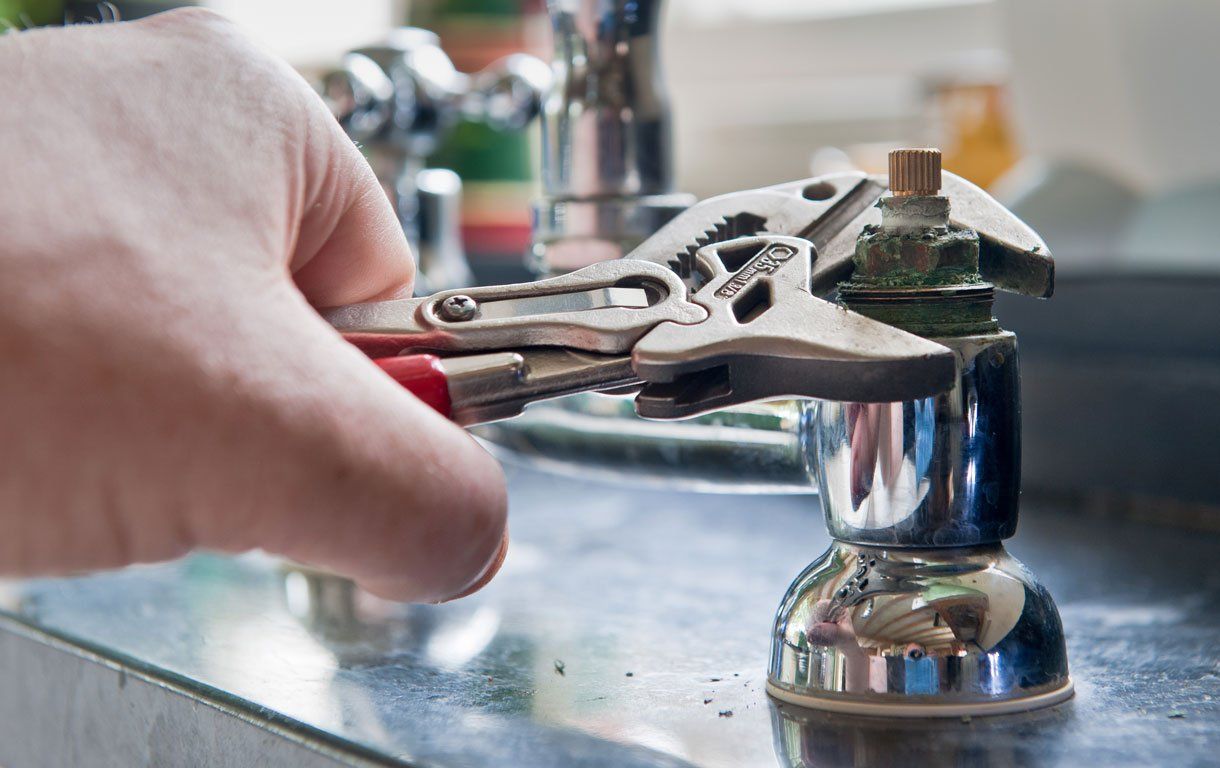
By admin
•
23 Mar, 2018
Most homeowners have experienced the occasional drain clog. You plunge the drain or perhaps use a drain snake, and the drain starts flowing again. Having every drain in your home slow down or stop draining at the same time is a different story. A plunger won't be of much assistance in this case. In fact, the correct way to address the problem depends on its cause. There are three main reasons why your whole plumbing system may stop draining at once. A Full Septic Tank If your home's drains empty into a septic system, your drain problems might indicate that the tank is full. Solids like human waste and toilet paper sink to the bottom of the septic tank, and they accumulate faster than they break down. When the solids start taking up too much space, there's not enough space left for water - so the water and waste you send down the drain won't have anywhere to go. Other signs that you need to pump your septic tank include smelly odors in your yard, toilets backing up, and excessive wetness in your yard. Luckily, your septic company can pump your septic tank in the span of a few hours, and your drains should flow freely again. Going forward, have your septic tank pumped every three years to prevent slow drains. If you flush cat litter, feminine hygiene products, paper towels, or anything other than human waste and toilet paper, solid waste will build up in your tank faster than normal and may lead to the need for more frequent pumping. A Blocked Sewer Line If you live in a more suburban or urban area, your home may be connected to a sewer system rather than a septic tank. There's a large pipe, about four inches in diameter, that carries all of your waste and wastewater into the public sewer line. The main drain line is prone to clogs, and when it does clog, every drain in the home can slow down or become blocked completely. Signs of a clogged sewer line are similar to those of a full septic tank. Every drain will slow down, and you might notice foul odors coming from your drains. Sometimes, sewage may back up into a sink or tub. Water may also back up into your washing machine. Your plumber can locate a main sewer line clog using a specialized camera. Many clogs are caused, at least in part, by tree roots growing into the line. Your plumber may mechanically remove the tree roots or even replace the overgrown line if the root growth is substantial. In the meantime, avoid flushing anything other than human waste and toilet paper. Napkins and wet wipes can get caught on roots and make the clog worse. A Plugged Sewer Vent Many homeowners do not realize that their sewer pipes have vents. The vents allow gas to escape, keeping your sewer lines at a low enough pressure to allow them to drain. Most sewer vents are on the roof. They can become clogged with snow, leaves, animal nests, or sewage. When a sewer vent blockage causes slow drains, you'll often notice gurgling noises coming from the drains. You may even see bubbles coming up into a full sink or toilet. The solution for a blocked sewer vent depends on what's causing the blockage. Your plumber can clear snow away and extend the vent to prevent future snow blockages. If debris is to blame, your plumber may use a grabbing tool to remove the debris and then replace the sewer line cap to limit future debris accumulation. Sewage clogs must usually be cleared with a plunging auger. All three of the problems above need to be dealt with by a professional plumber. If you're looking for a plumber in Miami-Dade County or Broward County, contact 1A Florida Plumbing, Inc. to make an appointment today.
BROWSE OUR WEBSITE
CONTACT INFORMATION
Phone: 786-991-6980
Email: 1afloridaplumbing@gmail.com
Address: 8961 NW 12 Pl Plantation, FL 33322
Business Hours
- Mon - Sun
- -
24/7 Emergency Service
Licensed and Insured


















OUR LOCATION
Content, including images, displayed on this website is protected by copyright laws. Downloading, republication, retransmission or reproduction of content on this website is strictly prohibited. Terms of Use
| Privacy Policy
